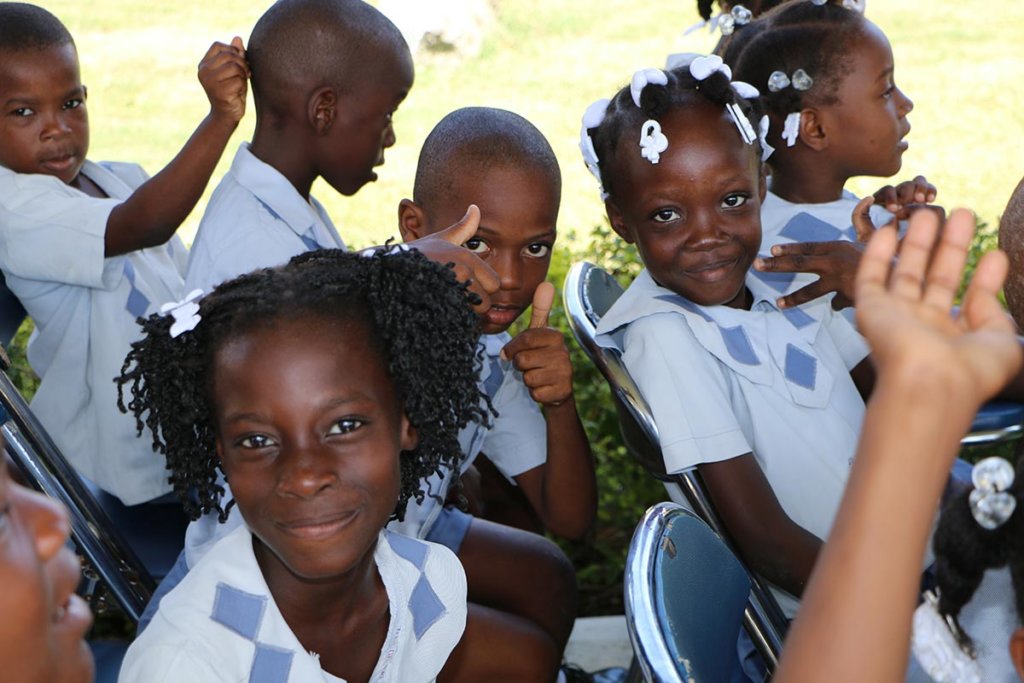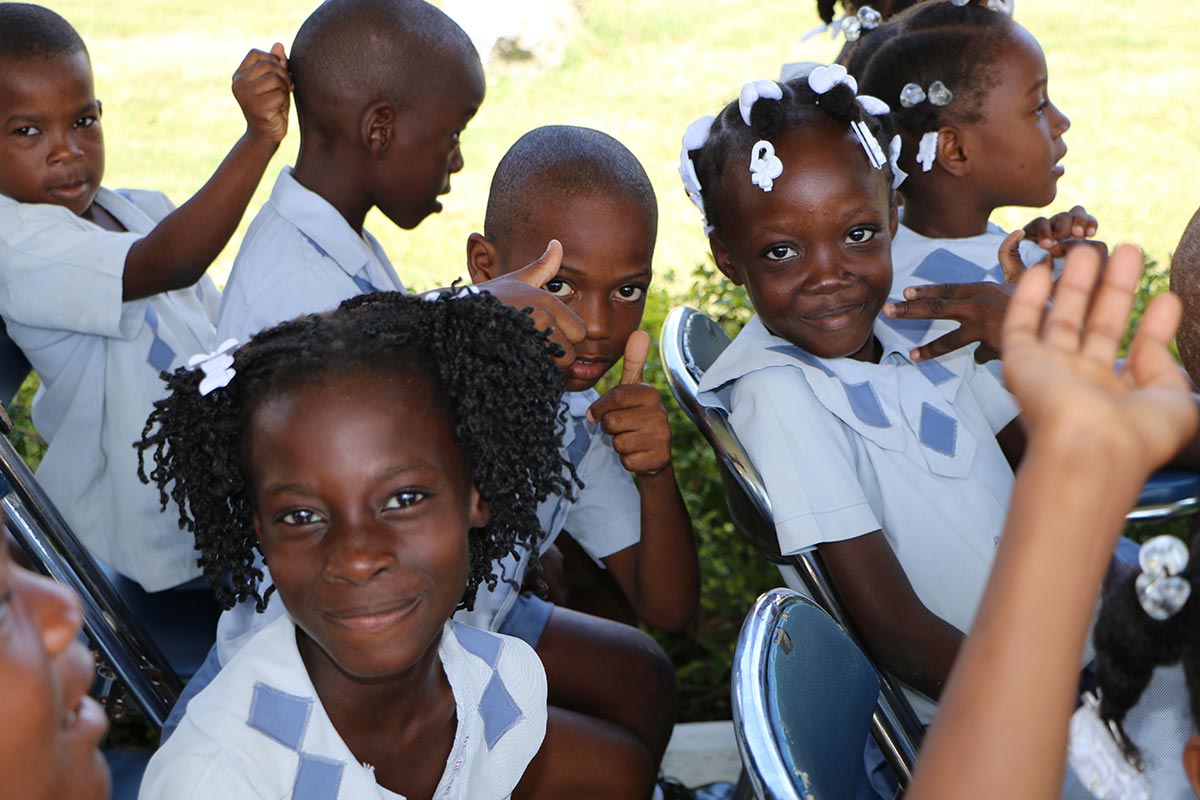Afro-Latinos are part of the American story

Afro-Latinos—individuals of African descent from Latin America or those who have one parent of African descent and another of Latino descent—are a vital part of the American story.
Afro-Latinos are of African descent from Latin America or have one parent who is of Latino descent. This month we published a fact sheet called “Afro-Latinos in 2017: A Demographic and Socio-Economic Snapshot,” authored by Sabrina Terry, UnidosUS Senior Program Manager of Economic Initiatives. The work lays out the different characteristics of the Afro-Latino community and the need for targeted policies to help them succeed.
Here are five things you should know about the Afro-Latino community.
The community is larger than you may think.
In 2017, there were more than three million Afro-Latinos living in the United States. Most Afro-Latinos reside in New York (23%), California (15%), and Florida (12%).
The majority of Afro-Latinos were born in the United States.
In 2017, 73% of Afro-Latinos were native-born citizens, compared to 65% of Latinos and 87% of Whites.
The majority of Afro-Latinos participate in the workforce.
Afro-Latinos, for example, are nearly as likely as Latinos to work full-time (79.5% vs. 81%). However, Afro-Latinos are more likely than Latinos to work in service occupations (28.2% vs. 25.2%), which tend to pay lower wages.
In 2016, Afro-Latino median household income was nearly the same as Latino median household income ($58,616 vs. $59,402), but significantly less than White household income ($73,810).
Afro-Latinos have similar education rates to other Hispanics.
Nearly 27% of Afro-Latinos did not complete high school, in comparison to 30% of Latinos. This is more than double the rate of Whites who did not complete high school (12%). Nearly 18% of Afro-Latinos have a bachelor’s degree or higher, compared to 17% of Latinos and 25% of Whites in 2017.
Afro-Latinos experience higher rates of poverty than other Latinos.
Some 23% of Afro-Latinos live in poverty as of 2017, higher than the 18.3% of Latinos who live in poverty.
Analysis: Racism, not a lack of assimilation, is the real problem facing Latinos in America. https://t.co/p6cqZ4oR0O – @NBCLatino
— NBC News (@NBCNews) February 26, 2019
Today, UnidosUS was present along with legislators and Congressional staff at a discussion on Capitol Hill on Afro-Descendants in Latin America, led by Representative Hank Johnson. Panelists from the Yoruba Cuba Organization, Race and Equality, WOLA, UNIAFRO, and TRANS-FORMAR (Brazil) spoke about the many of the rights and liberties under threat for this population in Latin America. The panel also discussed the United Nations initiative “International Decade for People of African Descent”, to combat racism and discrimination globally.
To learn more about the state of Afro-Latinos in the U.S., read our new publication Afro-Latinos in 2017: A Demographic and Socio-Economic Snapshot.
READ MORE:
- UnidosUS’s Progress Report blog: Five Ideas for Teaching About Afro-Latino Identity



